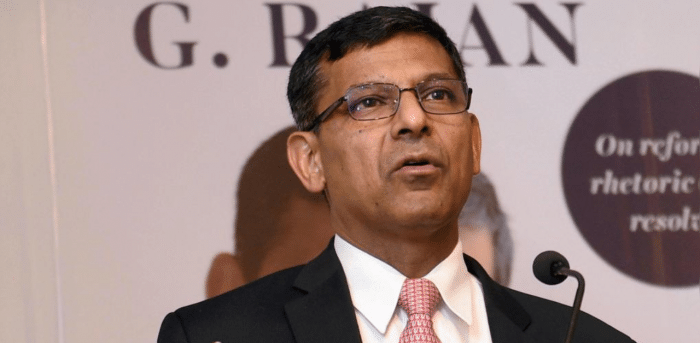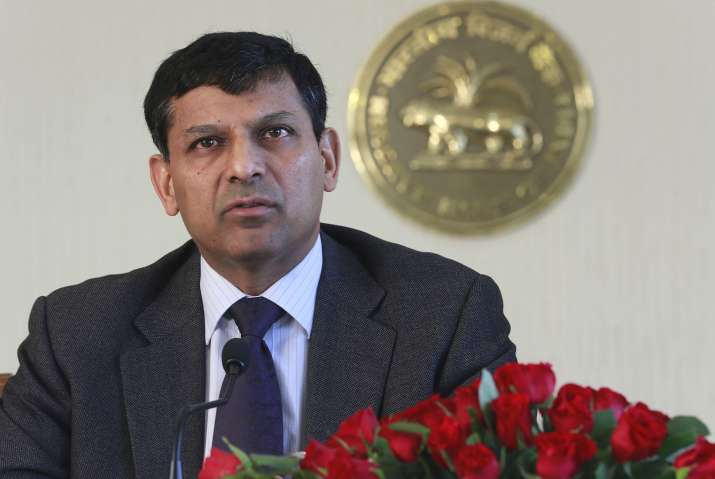Former Reserve Bank of India Governor Raghuram Rajan participated in a panel on the topic ‘new economy — redesign the world’ where he spoke on the Centre’s plans to privatize the public assets. He said that the lack of information circulated in the public domain and transparency in the process of decision-making is a deficiency of democracy.
Other than Rajan, the Indian policymaker Sam Pitroda and Tamil Nadu’s finance minister Palanivel Thiagarajan were present on the panel hosted by clubhouse.com.
Thiagarajan remarked that the Tamil Nadu government acknowledges the role of the cooperative sector as well as the private sector, but the government has to keep control of public assets like roads, infrastructure, public goods and services. The finance minister’s remark was an answer to the question on privatization posed by Supriya Shrinate, a Congress spokesperson.

“We need capital, and we will need joint ventures (between public and private) because we see the best of both worlds. Well, run establishments with global and national cooperation also bring in certain efficiencies.
But we are against monetization of core and strategic assets, and security-linked assets such as airports, ports etc. My Chief Minister has written to the Prime Minister against such monetization,” the TN finance minister said.
The former central bank governor said that the way forward to strengthening the country’s democracy would be to give more power to the states and not centralize the system, for capitalism to work.

“We need the central government to have adequate powers, but we also need governance to move to where people actually experience it and feel empowered, and that means moving more powers to the State and from the State to the municipalities and from municipalities to the localities so that people feel empowered.
That will strengthen democracy and will also create a vibrancy that over the time was missing in countries,” Raghuram Rajan said.
Rajan continued that the de-centralisation should have been promoted instead of vesting all the power in the hands of the Centre, which will not help in the longer run. “In India, we have centralized a lot. And we centralized it initially post-independence because we wanted to preserve the integrity of the country.

Over time, there was an effort to decentralize more powers to the States, and from the States because of Panchayati Raj constitutional amendments, towards the municipalities and villages, but much of this decentralization has remained relatively stillborn. We still haven’t funded the panchayats and municipalities as much as we wanted. What we’re seeing now is an attempt to re-centralize,” he added.
This is not the first time that Rajan has commented on the privatization programme of the Centre, earlier this year he spoke against the bank privatization. He said that the current financial year is not the test for the economy’s resilience, but 2022-23 will be since the real situation post the pandemic will be revealed.
“I think it would be a colossal mistake to sell the banks to industrial houses. It will also be politically infeasible to sell any decent-sized bank to foreign banks,” he added.
Also Read: MSP Hike By The Centre, Farmers Say “A Revenge” Against Them












